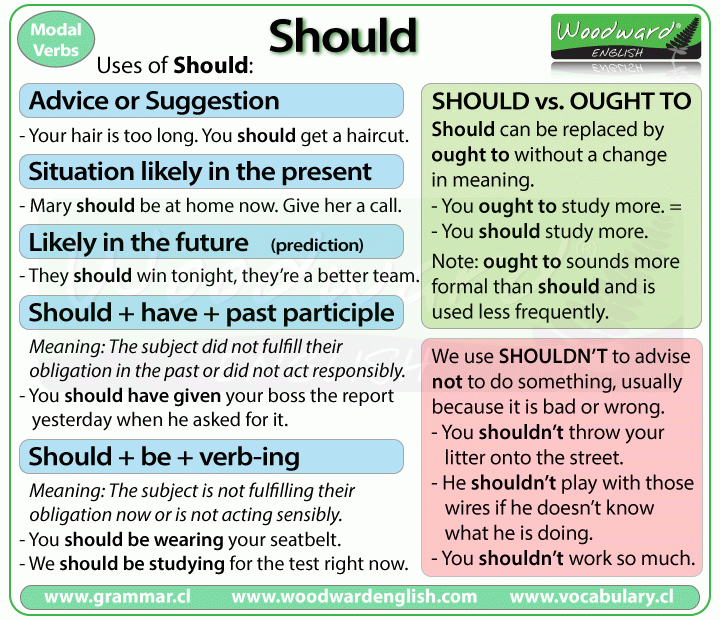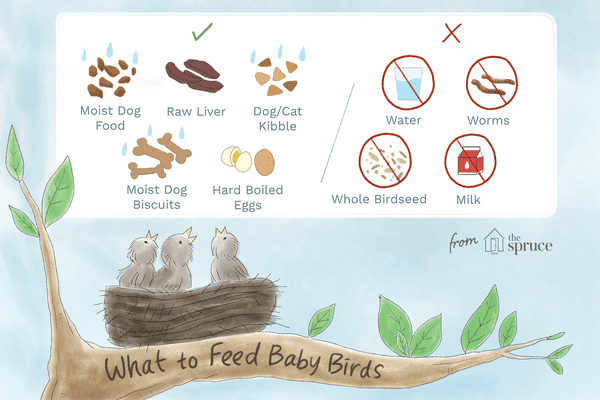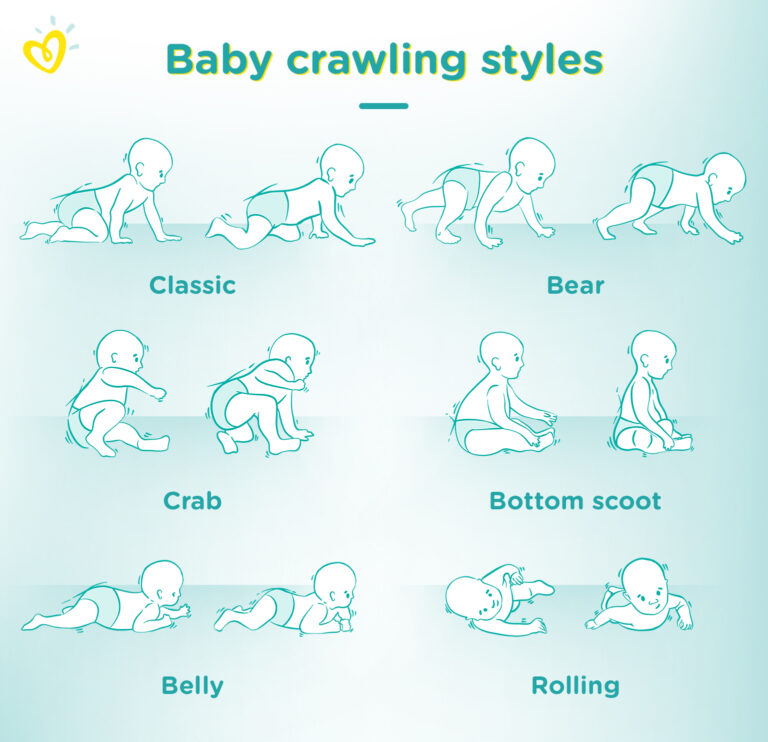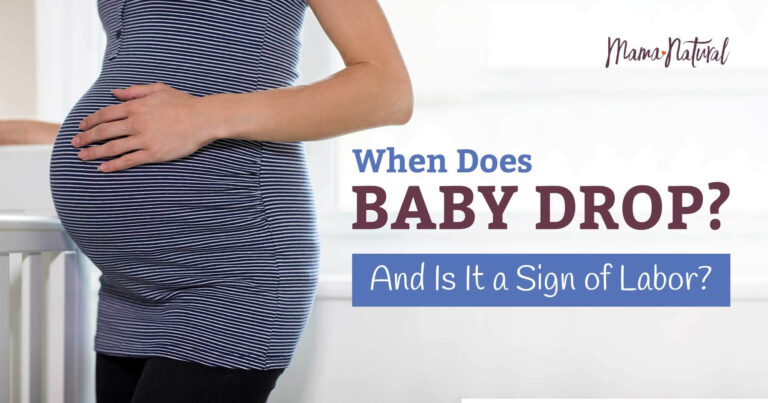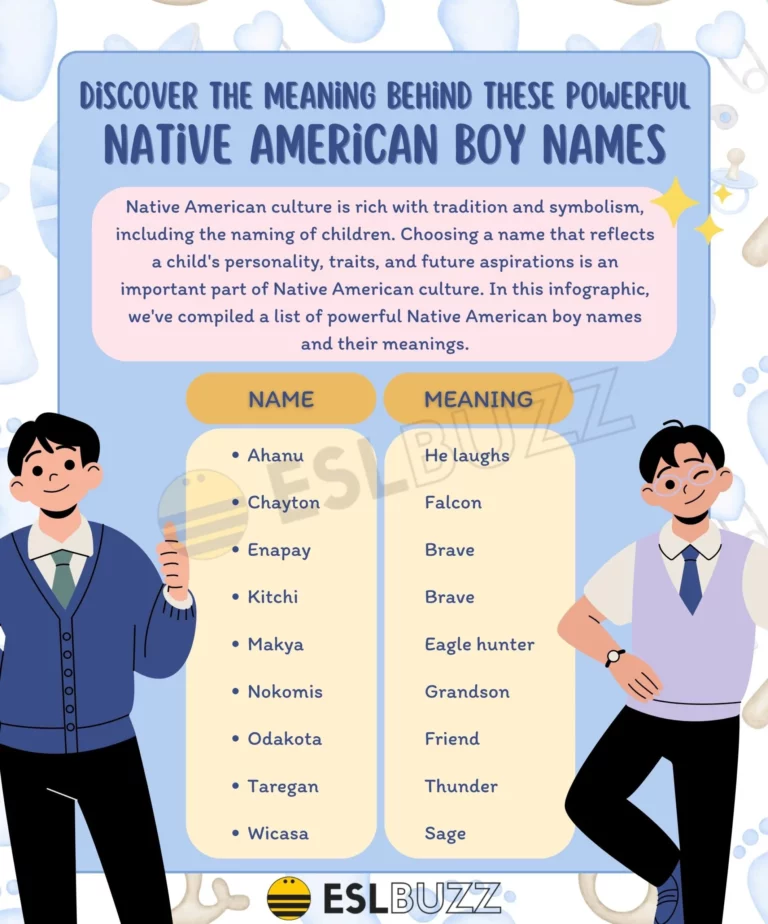When Should A Baby Hold Their Own Bottle
As a parent, one of the many milestones you look forward to is when your baby can hold their own bottle. It signifies a level of independence and growth that is both exciting and heartwarming. But when exactly should a baby be able to hold their own bottle? Let’s explore this important developmental stage in more detail.
Knowledge
When it comes to babies holding their own bottle, there is no set timeframe that applies to every child. Babies develop at their own pace, and some may be able to hold their bottle earlier than others. In general, most babies start showing an interest in holding their own bottle around 6 to 10 months of age.
One of the key factors that determine when a baby can hold their own bottle is their motor skills development. Babies need to have the coordination and strength in their hands and arms to grasp and lift the bottle to their mouths. This typically starts to develop around 6 months of age when babies begin to explore objects with their hands.
In addition to motor skills, physical development also plays a role in a baby’s ability to hold their own bottle. Babies need to have the neck strength and control to support the weight of the bottle and tilt it upwards to drink. As babies grow and their muscles strengthen, they become more capable of holding their bottle independently.
Another important aspect to consider is a baby’s interest and readiness to hold their own bottle. Some babies may show a strong desire to be more independent and take control of their feeding, while others may be content with being fed by their caregivers. It’s essential to observe your baby’s cues and readiness to determine when they are ready to start holding their own bottle.
Conclusion
In conclusion, the ability of a baby to hold their own bottle is a significant milestone in their development. While there is no exact age when this should happen, most babies start showing interest and capability around 6 to 10 months of age. It’s essential to consider factors such as motor skills, physical development, and your baby’s readiness when determining when they should hold their own bottle.
Knowing when your baby is ready to hold their own bottle can help foster their independence and build their confidence. It’s a rewarding moment for both parent and child, marking another step towards growth and development.
